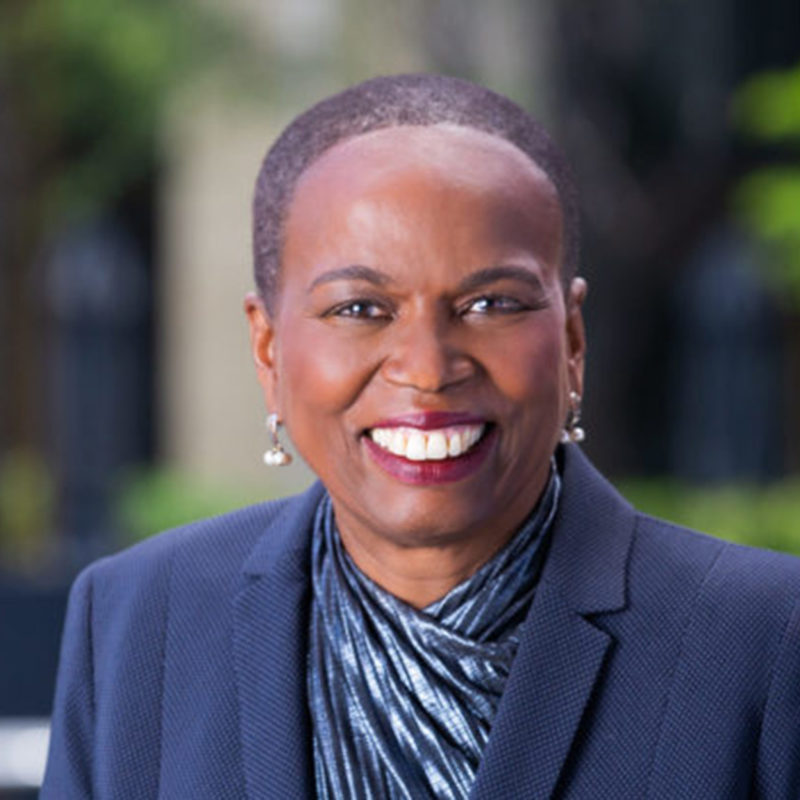A couple years ago, after one of my Los Angeles Times essays ran, I got an angry anonymous letter from a disgruntled reader suggesting the essay reflected poorly both on me and Cal Wellness. They ended their tirade with the question, “Does it always have to be about race?”
You know I don’t get up every morning thinking about racism and racial inequities — I really don’t. But invariably, almost on a daily basis, something happens – either in a meeting with a grantee updating me on their work; an incident of microaggression shared by a deflated friend or family member; a news report; or newly released data – where I’m reminded again and again about the centrality of race in America.
That was the case recently when the Committee for Greater LA released its new report – “The Path to Justice Runs through Equity: Ending Anti-Black Racism in Los Angeles.” (Cal Wellness helped fund the committee’s work.) The report contains detailed policy recommendations in areas that align with our focus on the social determinants of health to address the key question: “What does a Los Angeles free of anti-Black racism look like?”
Among the calls to action for philanthropy:
- Support organizations that are building power and infrastructure around low-income housing and mutual aid and support services for Black low-income folks regardless of citizenship or migrant status;
- Support organizations serving Black youth, particularly those engaged in youth leadership development; and
- Ensure foundation endowment managers include Black managers on their teams.
If you’re interested in learning more about the report’s findings, you can do so at a virtual forum next Tuesday, Aug. 31. Here’s where to RSVP.
The Los Angeles report dovetails with another national study released earlier this summer by McKinsey – “The Economic State of Black America: What Is and What Could Be.” The report highlights some glaring inequities, such as:
- Black workers are concentrated in low-wage jobs and underrepresented in higher-paying occupations relative to their share of the labor force. They are also paid less than white workers on average within the same occupational categories, especially in managerial and leadership roles;
- The median Black household has just one-eighth the wealth of the median white household; and
- If the Black share of business ownership rates matched the Black share of the population, 615,000 more enterprises would exist, potentially generating $1 trillion in revenue.
On a positive note, I’m heartened that at Cal Wellness we’re taking steps to help move the needle towards greater racial justice. That’s why our Advancing Wellness portfolios center racial equity, and why we integrate racial equity and working with diverse managers in our strategy for managing our investments.
So, maybe one day it won’t always have to be about race. But until then, I’ll keep writing and Cal Wellness will keep fighting for justice.

